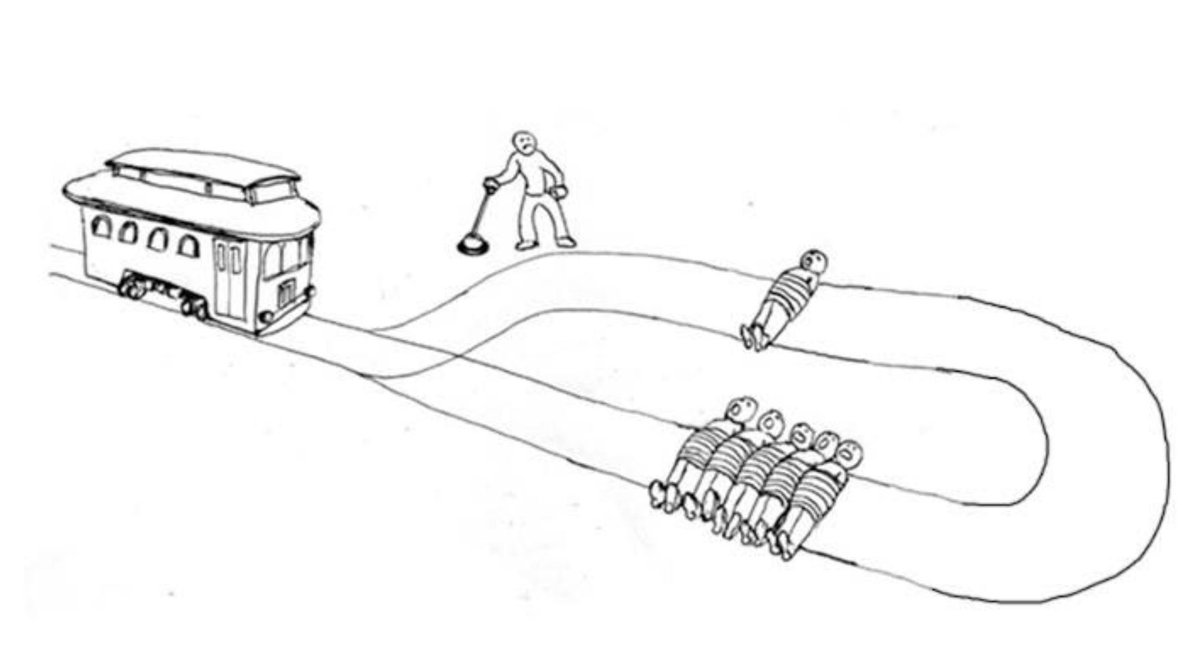
NEW ROAM BOOK ON MANAGEMENT!
I just published it: gumroad.com/l/roambook
Here's what's inside:
(thread, 1/N) #rbook #roamcult
I just published it: gumroad.com/l/roambook
Here's what's inside:
(thread, 1/N) #rbook #roamcult
2/ First of all, this is a Roam Book (rBook). It is a new format that integrates with your notes, allows for non-linear exploration of its contents, and more. You can read more about it on roam-books.com
It runs on @roamresearch.
It runs on @roamresearch.
https://twitter.com/cmogle/status/1322882280872910848?s=20
3/ Thanks to requests from many readers, this book is also available in Obsidian Book format (@obsdmd), with a couple less functionalities.
Just check the book page linked above and keep reading to find the information regarding the Obsidian version.
Just check the book page linked above and keep reading to find the information regarding the Obsidian version.
4/ The contents of this book are 100% of my previously-published "Best Practices For Operational Excellence" and 60% of my "Teams Are Adaptive Systems".
What's new in this book is not the contents, but the format and what it enables (roam-books.com)
What's new in this book is not the contents, but the format and what it enables (roam-books.com)
5/ If you already purchased either of these books on Gumroad, you should have received today an email with a discount voucher for "This Is Management". I don't want you to pay double for contents you already purchased.
6/ If you already purchased a physical copy of the book and are interested in this Roam Book, please DM or email me a picture and I’ll send you a discount voucher (I might take a couple of days to reply).
I’m trying to it make this as fair as possible.
I’m trying to it make this as fair as possible.
7/ For more information, just head to the book page: gumroad.com/l/roambook
8/ By the way, this upcoming Saturday I will host a clubhouse event about Roam Books: joinclubhouse.com/event/P9vonLJd
9/ Some info on what Roam Books are and what you can do with them:
https://twitter.com/dellannaluca/status/1324053703981207552
10/ I added the excerpts of two chapters, in PDF form:
– luca-dellanna.com/wp-content/upl…
– luca-dellanna.com/wp-content/upl…
– luca-dellanna.com/wp-content/upl…
– luca-dellanna.com/wp-content/upl…
• • •
Missing some Tweet in this thread? You can try to
force a refresh





